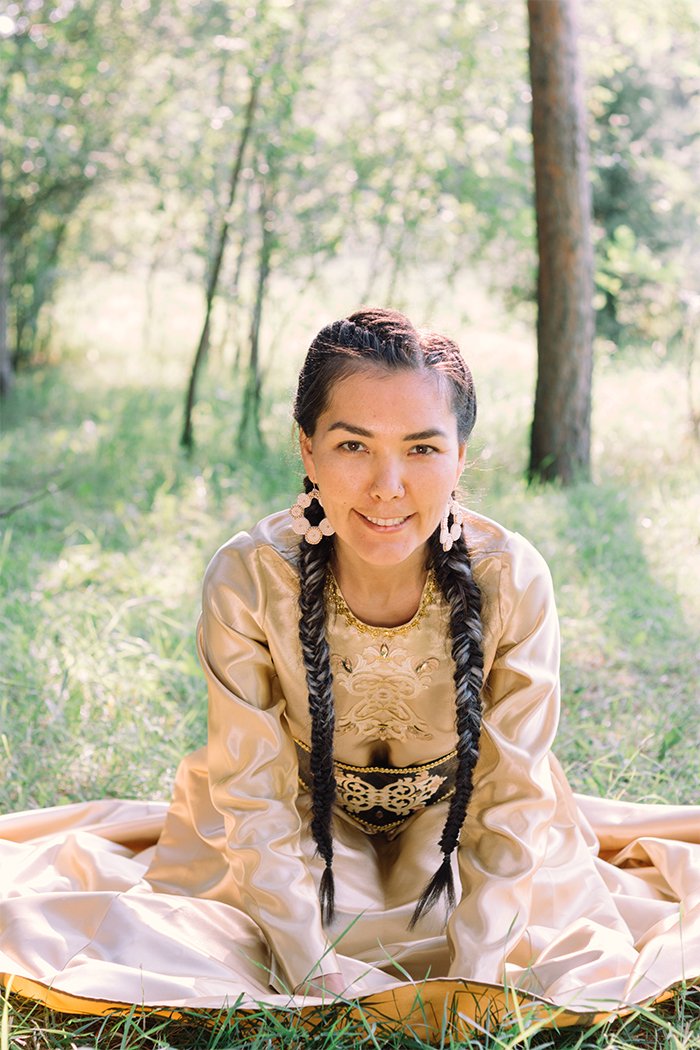If you add all days of bleeding, then approximately one woman spends 10 years in bleeding. She loses from 30 to 70 liters of blood in a life time? And just for your knowledge, one human contains around 5-6 liters of blood. It means women release averagely “10 humans” in a life time.
In addition to the loss of blood cells, women let go of immunoglobulins, enzymes, hormones and other metabolites of the body. Monthly we are depleted with reserves of essential amino acids, vitamins and minerals. For which reason did caring Mother Nature created such a waste?
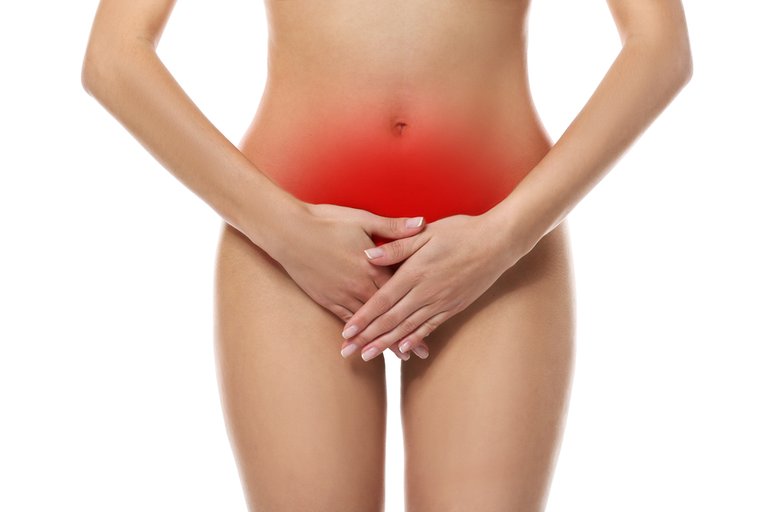
In this article I would love to share all the phenomenal and eye-opening information with you, dear men and women. I personally love my periods and it inspired me to study and research, so I can respect these 10 years for my own benefit.
And I met women who don’t share same feeling for their bleeding. Here is an example of such a relationship: “Hmmm, ah! I wouldn’t refuse a magic pill to fully stop this monthly trouble. These days cause nothing but fatigue and irritation. I have to wear my clothes carefully, so not to get dirty, pads, smell… yeak!”
In order to understand the nature of bleeds we have to look into the life cycle of all primates. Did you know that only few of them are menstruating? All 5000 species of mammals share the same reproductive system, including the egulatory hypothalamic system that produces gonadotropin-releasing hormone, the pituitary gland that secretes follicle-stimulating hormone and luteinizing hormone, and the ovary that releases sex hormones including estrogens and progesterone.
However, we all vary significantly in the details of functioning. One difference is that animals that have estrous cycles reabsorb the endometrium if conception does not occur during that cycle. Animals that have menstrual cycles shed the endometrium through menstruation instead. Another difference is sexual activity. In species with estrous cycles, females are only sexually receptive, during the estrus phase. In contrast, females (like us) with menstrual cycles can be sexually active at any time in their cycle, like us even when they are not about to ovulate. I guess, you may agree on this 😉
In the group of our bleeding ‘sisters’ are some monkeys, like rhesus macaques, some bats and elephant shrews.
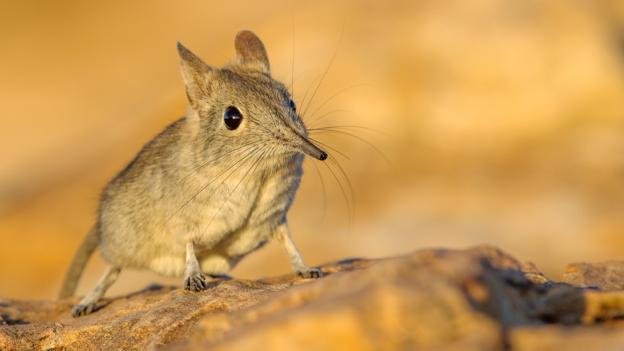
You will be amazed, but we are shedding 2/3 of endometrium as a result of self-defense and survival. According to Deena Emera of Yale University in New Haven, Connecticut, women evolved into complete menstruation because of the “conflict” between the mother and the fetus.
All fetuses burrow into the linings of their mothers’ wombs, in search of nourishment. But some do this more than others. In horses, cows and pigs, the embryo simply sits on the surface of the womb lining. In dogs and cats, the fetuses dig in a little more. But in humans, a fetus will dig through all the womb lining to directly bathe in its mother’s blood. Also in case of successful conception most mammals flow through pregnancy quite cheerfully, dodging predators and catching prey. They seem to continue their lives normally, while women have to go through a list of discomforting symptoms.
Human females possess highly invasive placenta, which means that it is grows thick and becomes rich with blood supply. Womb has to grow such “walls” against the fetus, because human placenta penetrates and attaches deeply to the walls of endometrium. characteristic of higher primates, involves immersion in the eyes blood and oxygen in the blood. In many mammals placenta just interfaces with the surface of the mother’s blood vessels, allowing nutrients to cross to the fetus. Marsupials (like kangaroo) don’t even let their fetuses get to the blood: they merely secrete a sort of milk through the uterine wall.
Inside the uterus we have a thick layer of endometrial tissue, which contains only tiny blood vessels. The endometrium seals off our main blood supply from the newly implanted embryo. The growing placenta literally burrows through this layer, rips into arterial walls and re-wires them to channel blood straight to the hungry embryo. It delves deep into the surrounding tissues, razes them and pumps the arteries full of hormones so they expand into the space created. It paralyzes these arteries so the mother cannot even constrict them.
This means that the growing fetus has direct, unrestricted access to its mother’s blood supply. It can manufacture hormones and use them to manipulate her. It can, for instance, increase her blood sugar, dilate her arteries, and inflate her blood pressure to provide itself with more nutrients.
This what its called – the inner conflict. Because mother and fetus have quite distant evolutionary interests. The mother ‘wants’ to dedicate approximately equal resources between all her children, including possible future children. And also keep her health so she can survive and continue life. But the fetus ‘wants’ to survive as if it is the only human being on Earth, no matter what. And if it requires to suck everything out of the mother, it will. Its whether die or live. Here is the most vivid representation of altruism (mother) meeting egoism (fetus). But this has no emotional coloring, as it is the foundation of evolution.
In all placental mammals, the connection of the placenta with the uterus is realized through the decidual layer ( from lat. decidua – decaying) endometrium. This layer is rich in capillaries, secretory and immune cells, which ensures the successful development of the fetus. Moreover, in non-menstruating mammals, decidual layer is formed only if pregnancy occurs. In humans decidual forms every time in advance, despite if woman gets pregnant or not. It means that monthly uterus grows new rich and fruitful tissue. And then this layer is rejected, since its maintenance is even more energy-taking than menstruation. If it stays in the womb in case of no conception, it has a risk to degenerate into a tumor. In a certain sense, menstruation is a monthly termination of the “uterus pregnancy”.
Is there another reason for us to have a highly-invasive placenta and self-reproducing decidual layer? Stay with me.
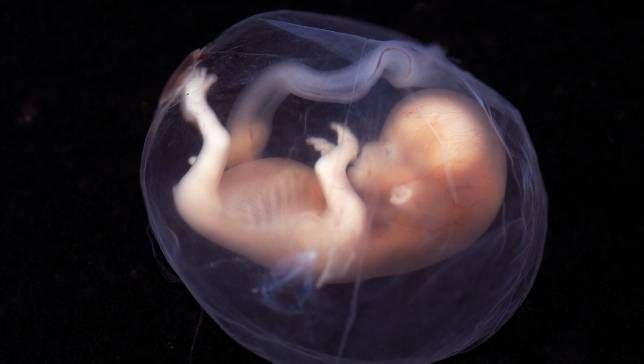
The human brain has a mass of only 2% of the whole body, but it consumes up to 25% of the total energy exchange. The metabolic rate of the intensively growing fetal brain cannot be compared to animal brain. Human brain development requires a high transmission rate of glucose and oxygen from the mother to the fetus through the placenta, which has to be highly invasive.
For example, animals do not develop intellect equal to humans, as they don’t require it. In the wild, straight after birth they are “ready for life”, it means that they can stand on their legs right away, in couple of minutes they start seeing, in hours they are able to walk after mother. They have received enough from mother in order to survive alone.
But human new born physically is totally fragile, vulnerable and might die without mother in few hours. Nature has a concrete purpose in creating such difference. Humans have role of developing spiritually, which cannot happen without providing the brain capacity. And we know adults use only 2 to 5% of whole brain capacity. It means that humans are nurtured in our mothers’ wombs in such a way that they are able to increase these 2% of the mind power.
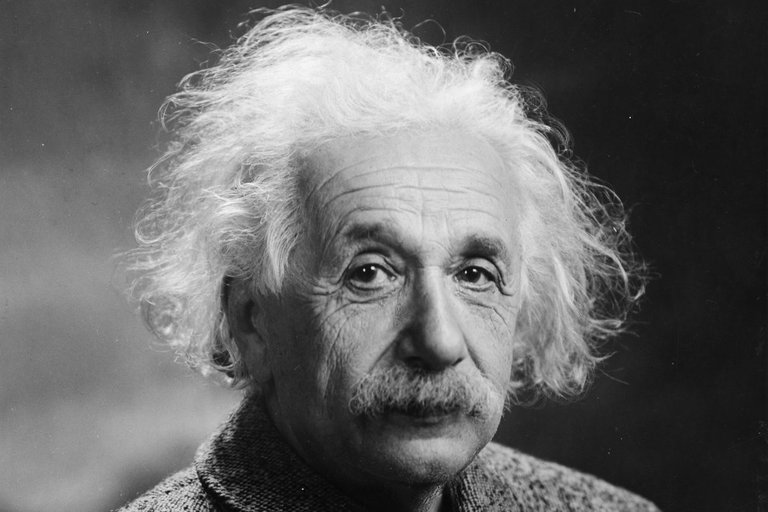
Women are sacrificing their immunity, body, peace, sleepless nights in order to create a better human being. With every evolution and next generation Nature is expecting us to deliver that “one” who will make this world a better place.
But what if you don’t even plan to become a mother? Well there is a very important reason for your bleeding as well.
During menstruation we are removing toxins from the body. What kind of toxins? Are we so toxic from inside? Well, reproductive health of modern women is very fragile. Our life styles led to the fact that we feel depleted and tired chronically and regularly. Yes. But Nature did not mean those cultural/self-care toxins. Though it serves this purpose as well.
When Mother created us, we did not live the way we live today. There are other types of toxins that invade our bodies. Menstruation’s main function is to defend against pathogens transported to the uterus by male sperm. Sperm are vectors of disease. How is that?
The architecture of female sex organs is inverted. It means uterus never in a life time has contact with external environment. In fact the flora of uterus is the most pure place on Earth. The only time it gets “troubled” is when attacked by sickness from inside, by woman’s health. The cervix that serves as a gate to the uterus, is always closed. And opens only in two cases: menstruation and labor, only to release. But as a guard it never lets anything inside. The space of womb is literally the Eden of human body.
Now in opposition to this, male genitalia is external and is available to the outside “touch” and is prone to diseases more than vagina. But even if man is healthy himself, just the skin of the penis may carry variety of bacteria that are not a threat to the man, but can be easily “adapted” in woman’s vagina and interrupt her flora.
That’s why menstrual blood exerts pressure on uterine tissue, forcing it to shed, and deliver large numbers of immune cells throughout the uterine cavity, directly combating such pathogens. Menstrual blood flows easily, unlike blood at most wound sites, because it lacks the normal level of clotting, so everything can be washed out easily. This way our system created a powerful defensive mechanism even against the “father” who may bring pathology to the potential fetus.
In conclusion… aren’t we awesome? We are protected in our high purpose to carry life forward. Life given by the man, who is a biological threat to our body. To create life giving to a child, who is also potentially biological threat to our bodies. It means only one thing. We have to always remember about ourselves first. Caring for our body and loving our rhythms will establish an equilibrium between you, your partner and your child. That’s the main purpose of woman, to bridge through peace, where there is no place for peace.
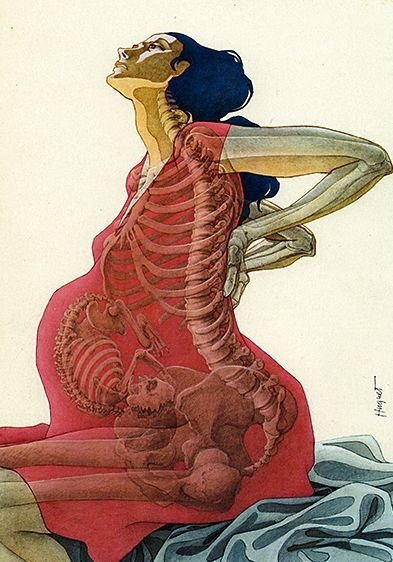
WHETHER YOU ARE WOMAN or MAN! Acknowledge where you are coming from. Remember the Source that is nourishing and supporting you every second. Express Gratitude towards the Life itself and then please, hug and thank yourself, for just BEING.
LOVE and LIGHT
Aliya
